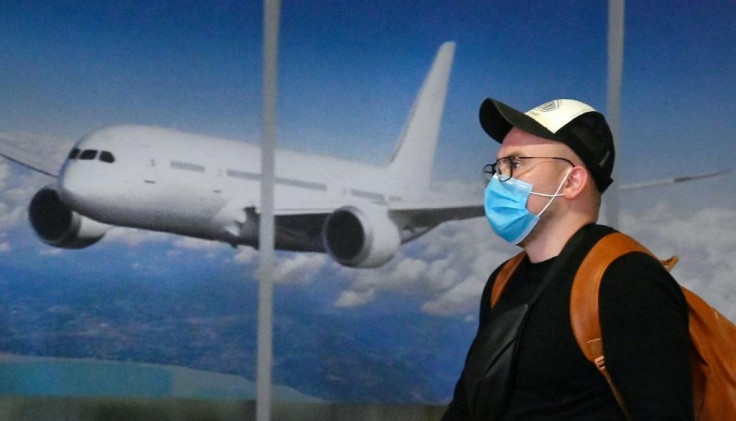Markets struggle despite WHO virus declaration
Foreign airlines -- including British Airways and Lufthansa -- have begun cancelling or curtailing flights to and from China.
Markets struggled to find their footing in Asia on Friday after the World Health Organization declared a global health emergency over the deadly new virus sweeping China.
After saying last week they needed more information, the WHO invoked the rarely used designation that experts hope will lead to better international coordination to combat a disease that has already killed 200 people, and sickened thousands more.
But the Geneva-based body stopped short of recommending trade and travel restrictions that could have had a bruising effect on China -- a key growth engine for the world economy.
"This is not a vote of no confidence in China," WHO chief Tedros Adhanom Ghebreyesushe said, praising Beijing for its swift action to tackle the outbreak.
China has locked down a swathe of its centre, effectively quarantining millions of people in their cities and halting travel around the country.
"We must all act together now to limit further spread... We can only stop it together," said Tedros, who travelled to China this week and met with President Xi Jinping.
Foreign airlines -- including British Airways and Lufthansa -- have begun cancelling or curtailing flights to and from China, and a number of governments are recommending citizens do not visit the country.
But Tedros said there was "no reason" for any of the international travel or trade restrictions announced in recent days.
Investors initially applauded the WHO's move, plunging back into markets that have lost altitude over recent days as the 2019-nCoV crisis has worsened.
"Sure the WHO raised the alert, but they didn't ring the apocalypse bell so it could be time for risk-takers to come out of hibernation," said Stephen Innes, chief market strategist at AxiCorp.
The WHO move "eased some mushrooming fears by suggesting the number of outbreaks is relatively small", he said.
Tokyo welcomed the news, closing up 1.0 percent, while Sydney added just over 0.1 percent and Taipei closed out the day with a healthy 0.6 percent gain.
But Hong Kong dithered and after opening up on the news steadily lost its way to finish the day 0.5 percent lower.
Jakarta and Manila fared worse -- down 1.9 percent and 2.6 percent, respectively.
In early European trade, Paris was up 0.2 percent and Frankfurt added 0.25 percent. London -- on its final day inside the EU -- shed 0.2 percent.

After a trying week as traders joined in the global worry-fest over the virus spreading throughout China, Wall Street had offered a glimpse of hope, turning green in the last hour of trade.
Oil was up, partially correcting a days-long drop, with March contracts for major benchmarks WTI and Brent adding around 0.5 percent.
"While it's virtually impossible to quantify the full extent of the demand destruction from the virus outbreak, if there was one asset class more oversold than others, it had to be oil given the bigger-than-life global supply overhang," said Innes.
Hong Kong - Hang Seng: DOWN 0.5 percent at 26,312.63 (close)
Tokyo - Nikkei 225: UP 1.0 percent at 23,205.18 (break)
Shanghai - Composite: Closed for a public holiday
New York - DOW: UP 0.4 percent at 28,859.44 (close)
London - FTSE 100: DOWN 0.2 percent at 7,363.97
Pound/dollar: UP at $1.3139 from $1.3021 at 2200 GMT
Euro/pound: DOWN at 83.88 pence from 84.56 pence
Euro/dollar: UP at $1.1022 from $1.1010
Dollar/yen: FLAT at 109.02 from 109.02
Brent Crude: UP 0.57 percent at $58.86 per barrel
West Texas Intermediate: UP 0.58 percent at $52.72 per barrel
Copyright AFP. All rights reserved.
This article is copyrighted by International Business Times, the business news leader





















